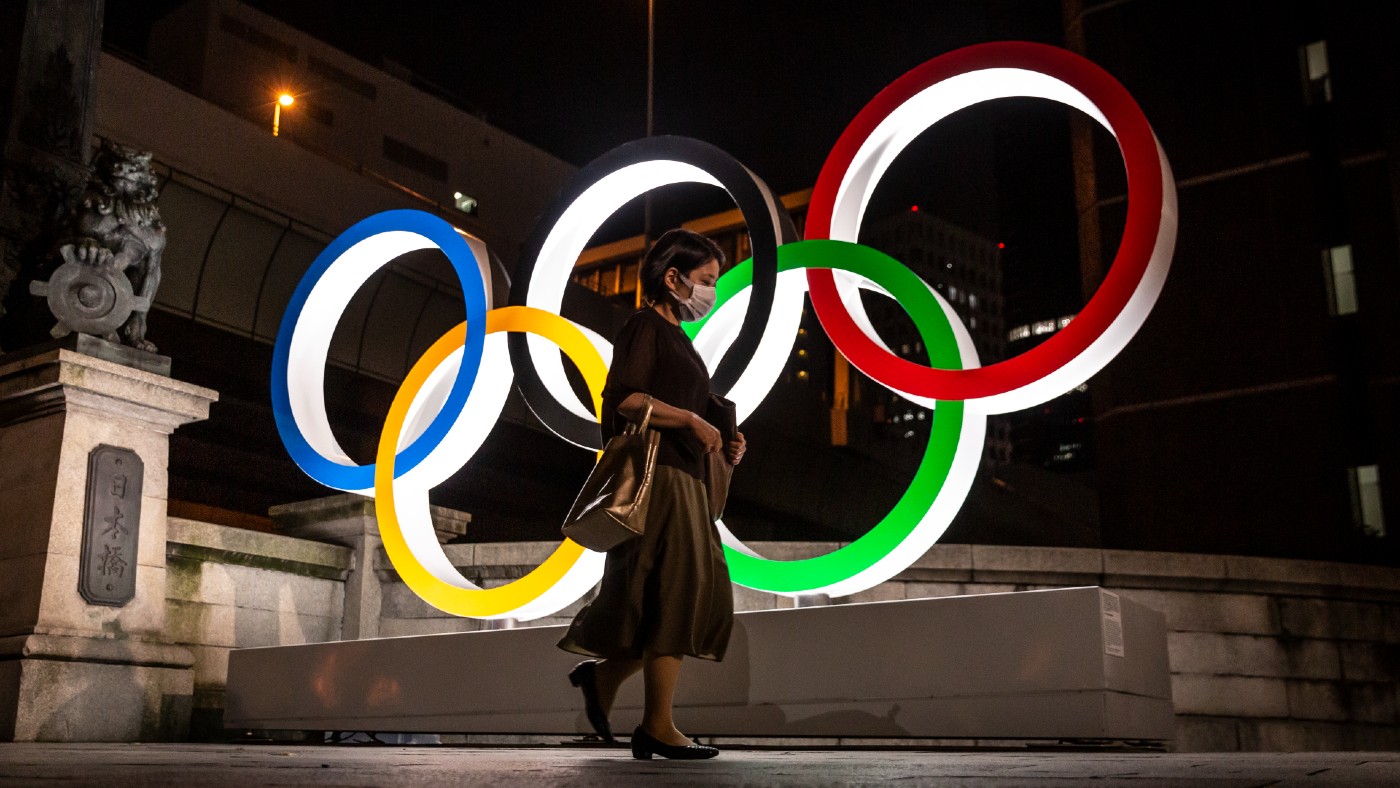Tokyo 2020: the ‘strangest’ Olympic Games in history
The stripped-back event looks set to be ‘an utterly joyless affair’

A free daily email with the biggest news stories of the day – and the best features from TheWeek.com
You are now subscribed
Your newsletter sign-up was successful
The Tokyo 2020 Olympics were supposed to symbolise Japan’s national revival after years in the economic doldrums, said Ido Vock in the New Statesman, but Covid-19 has put paid to that. The delayed Games beginning this week are set to be the “strangest” in history.
With Tokyo in a state of emergency owing to a spike in Covid infections, the athletes will mostly compete in empty stadiums. Medal ceremonies will be muted affairs, said David Brown in The Times: winners will pick their medal from a tray and place it around their own neck. Competitors can’t mix and will have to leave the Olympic village within 48 hours of their final event. “Organisers will, as normal, hand out 150,000 condoms to the 15,000 Olympic and Paralympic athletes, but this year only as a parting gift.”
The event looks set to be “an utterly joyless affair”, said Philip Patrick in The Spectator. It’s taking place against the wishes of most Japanese citizens. They regard it as a vanity project for the former PM, Shinzo Abe, and fear it could fuel Covid infections (there has even been talk of an “Olympic variant”). The athletes, meanwhile, are living under virtual house arrest. “With training disrupted and little chance of acclimatising, don’t expect many world records.”
The Week
Escape your echo chamber. Get the facts behind the news, plus analysis from multiple perspectives.

Sign up for The Week's Free Newsletters
From our morning news briefing to a weekly Good News Newsletter, get the best of The Week delivered directly to your inbox.
From our morning news briefing to a weekly Good News Newsletter, get the best of The Week delivered directly to your inbox.
These are hardly auspicious circumstances for an Olympic Games, said Nick Varley in The Daily Telegraph. But let’s not forget that there’s always a certain amount of doom and gloom in the run-up to these events. “When the action starts, the griping tends to stop.” It’s sad that Japan will miss out on “one of the most amazing parts of the Games – the melting pot of different cultures and people” – but the rest of the world watching events on TV probably won’t notice much difference.
The biggest losers may be the sponsors, who have paid out a fortune with little marketing benefit in return, said Robin Harding and Kana Inagaki in the FT. But these stripped-back Games will at least provide an opportunity to gain a fresh perspective on the Olympics. With much of the usual hoopla relating to marketing and national promotion cut away, all that remains of Tokyo 2020 is “the athletes and these simple questions: Who is the fastest? Who can go highest? Who is the strongest?”
A free daily email with the biggest news stories of the day – and the best features from TheWeek.com